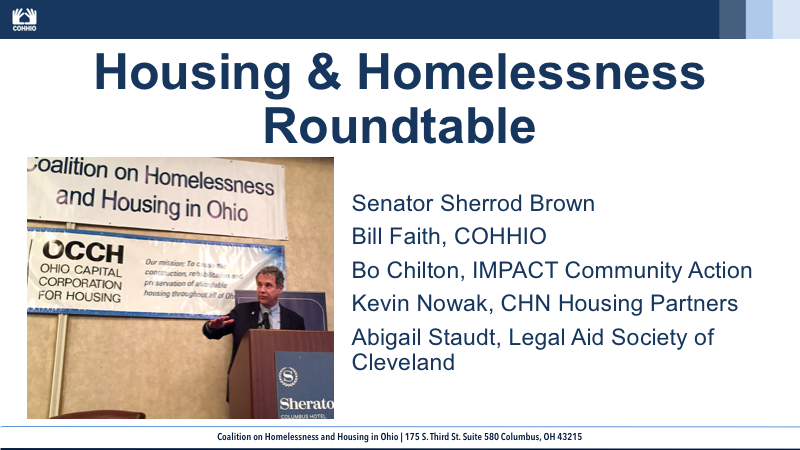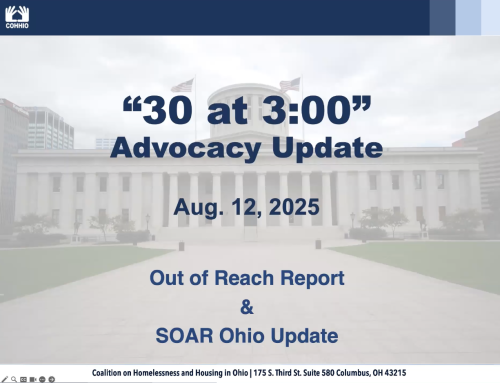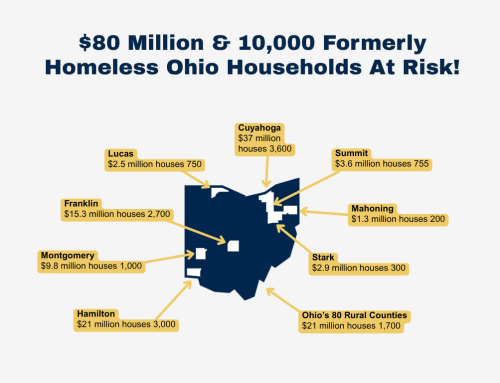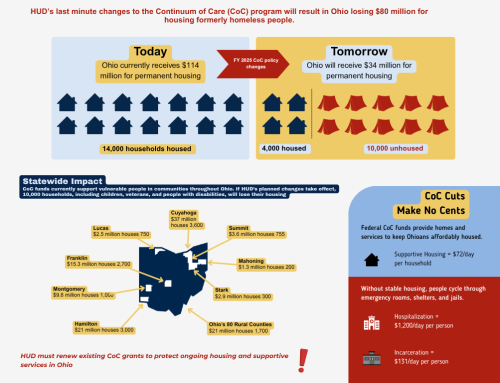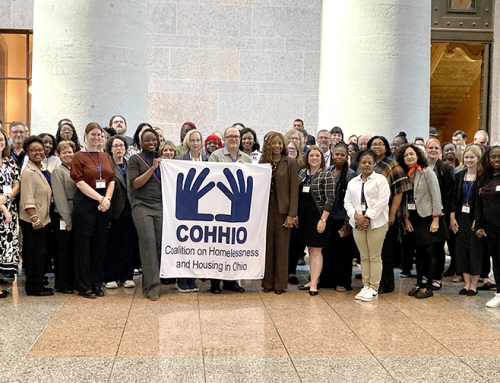Thanks to everyone who joined our Housing & Homelessness Roundtable with Sen. Sherrod Brown today! We are fortunate to have such a strong champion for affordable housing at a time when so many people are at risk of eviction and homelessness during this global pandemic.
If you missed the event, you can hear an audio recording here and read our summary below.
Sen. Brown’s Emergency Rental Assistance and Rental Market Stability Act is a necessary response that can prevent an avalanche of evictions and homelessness while so many people are out of work. (Download bill summary) As Sen. Brown mentioned, the House recently passed similar legislation as part of the HEROES Act, and now it’s up to Senate leaders to act.
Please take a moment to call Sen. Rob Portman and ask him to support the creation of a $100 billion Emergency Rental Assistance program for unemployed tenants. And if you know anyone in Kentucky – tell them to call Senate President Mitch McConnell or tweet your message to @senatemajldr with the hashtag #RentReliefNow
See this post for more information on how you can help advocate for emergency rental assistance.
Sen. Brown: Pandemic illustrates longstanding racial inequities in housing and opportunity
Sen. Sherrod Brown joined housing advocates on Wednesday June 3 to discuss his proposed solution to prevent a flood of eviction and homelessness during the ongoing plague and civil unrest.
Speaking at COHHIO’s online roundtable discussion, Sen. Brown (D-Cleveland) said the protests that emerged after the death of George Floyd represent decades of suppressed frustration.
“This week’s call for justice comes amid a backdrop of systemic racism and persistent racial disparities in wealth and access housing to be sure, in life expectancy, and infant mortality,” he said. “This pandemic reminds us of how vulnerable many Americans are to a single economic setback, and how government policy tilts in favor of the wealthy, the powerful and the privileged.”
Sen. Brown said he introduced the $100 billion Emergency Rental Assistance and Rental Market Stability Act to help families and individuals pay their rent and utility bills and remain stably housed, while ensuring property owners can continue paying their mortgages and maintaining their housing. (Download bill summary)
“This isn’t just throwing $100 billion at this problem. This is finding a way to get these dollars out to keep people in their homes so they’re not evicted,” he said.
Sen. Brown said America had a housing crisis even before the pandemic, and noted that seven of the 10 most common jobs in Ohio don’t pay employees enough to afford a modest 2-bedroom apartment.
The Democrat asked attendees to advocate for passage of emergency rental assistance with Republican Senate leaders, and particularly Senate Majority Leader Mitch McConnell, who has said he sees no urgency to take further action on coronavirus relief legislation.
“I don’t know how he can’t see that this country is in dire circumstances,” Brown said. “Small businesses need help, individuals need money in their pockets so they can pay their rent. So I ask you to keep the pressure on.”
In asking attendees to continue advocating for the legislation, Sen. Brown quoted Dr. Martin Luther King: “Progress never rolls in on the wheels of inevitability.”
COHHIO Executive Director Bill Faith said the pandemic has highlighted the deep racial inequality that stems from so many years of discriminatory housing and lending policies, noting that African-Americans are far more likely than whites to experience housing insecurity and layoffs.
“And now African-Americans more likely to die from COVID-19,” he said. “These injustices go to the heart of the unrest we see erupting in communities throughout the nation.”
COHHIO estimates that 700,000 tenants in Ohio, owing a combined $570 million a month in rent, have lost their jobs since the pandemic began.
“I’m particularly worried about what’s going to happen as this economic recession continues to drag on,” Faith said, noting that local courts are starting to resume evictions while expanded unemployment are set to expire next month. “We’ve been working hard on trying to do social distancing and deconcentrating our shelters, and the last thing we need is another wave of homeless people knocking on the door of the shelters.”
Bo Chilton, CEO of IMPACT Community Action, joined the online event from the Columbus Convention Center, where the court recently established a location to process traffic and eviction complaints with social distancing.
IMPACT and other Columbus-area agencies have raised a combined $5 million to provide rental assistance to help over 2,500 tenants avoid eviction and homelessness.
“We know that that is just a drop in the bucket, but it will go a long way toward helping us. We are trying to get ahead of the wave of evictions that are threatening to overwhelm our shelter system,” Chilton said.
IMPACT has been able to work with large law firms and property owns to help approximately 400 tenants avoid eviction, but there are already 1,200 filings in Franklin County Municipal Court and many more to come now that the moratorium was lifted on June 1.
Chilton described working with one tenant, who owes $5,000 in back rent. Ms. Jenkins’ landlord has refused to work out an alternative to eviction, and her son is coming home from the Navy soon. “I certainly don’t want to see someone who has served in the armed services come back and have to watch his mother living in a shelter.”
Kevin Nowak, executive director of CHN Housing Network, which owns and manages over 2,000 units of affordable housing, said his organization was offering emergency assistance for tenants who have lost employment due to covid-19.
CHN has seen a significant increase in nonpayment of rent from 5% in March to 27% in April, he said. He pointed to a recent survey that found 21 percent of Ohio residents either missed their last rent or mortgage payment or feared not begin able to make the next one.
“If we don’t have a sufficient response, there will be significant displacement,” Nowak said.
Abby Staudt, of the Legal Aid Society of Cleveland, said the organization is working to connect at-risk tenants to local sources of rent assistance, but predicted that it will be insufficient when local courts start processing evictions again.
She described the case of Lonnie, who was laid off while caring for his ill mother and was unable to continue paying rent. Legal Aid connected him with a local rent assistance payment, but he will reach the three-month limit soon.
“This is going to be a long-term problem and we anticipate people needing more than just two or three months of rent,” she said.
